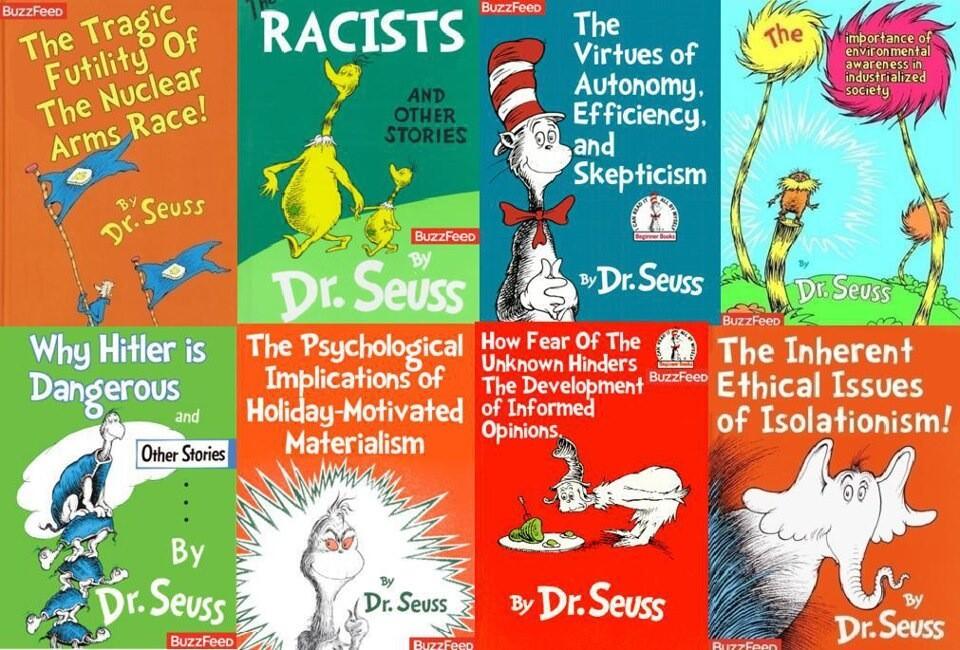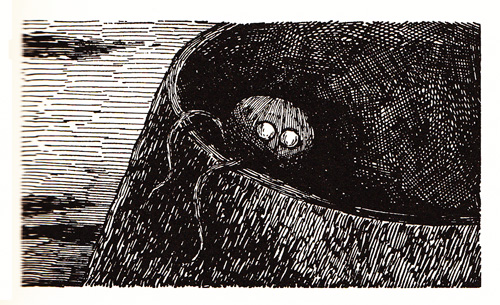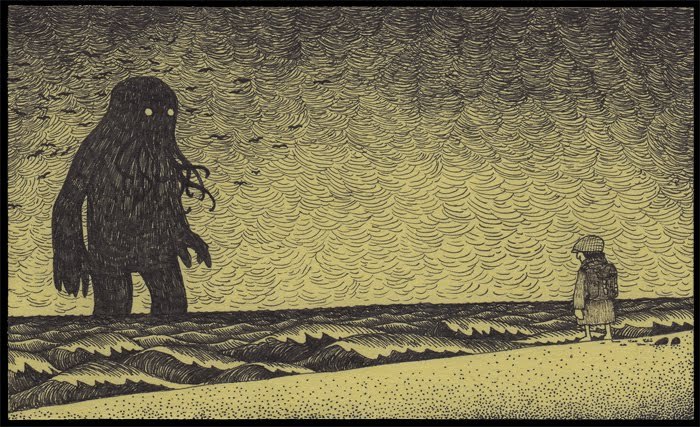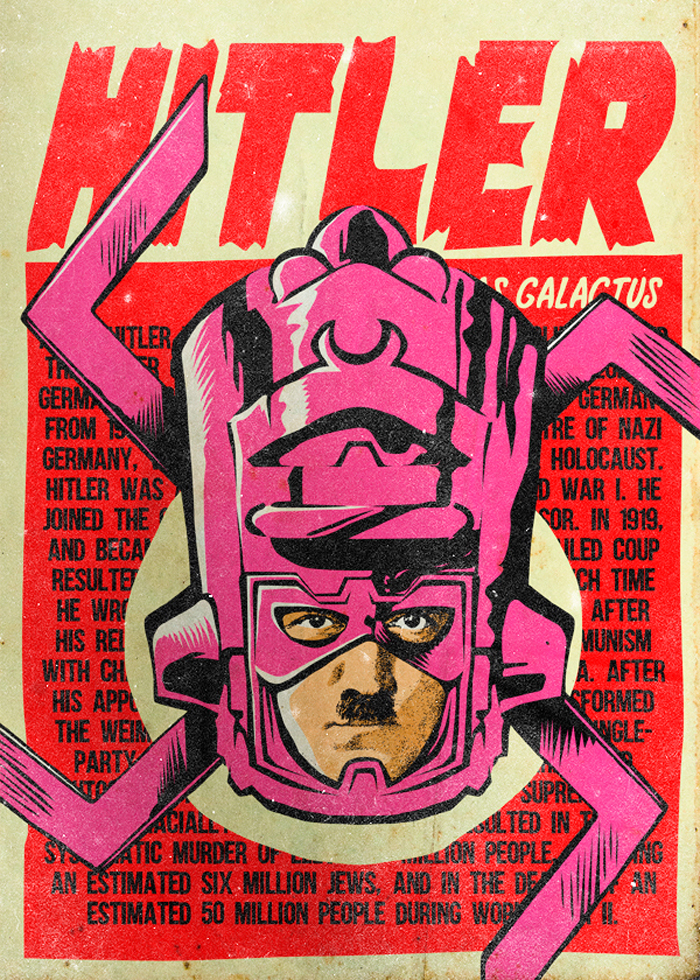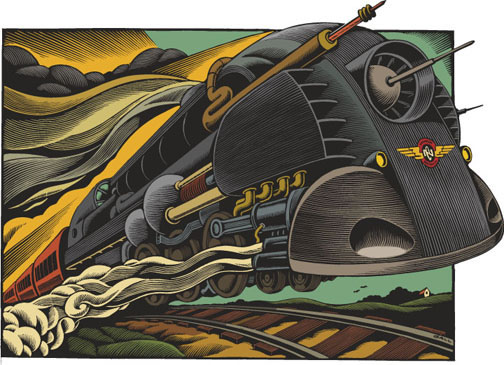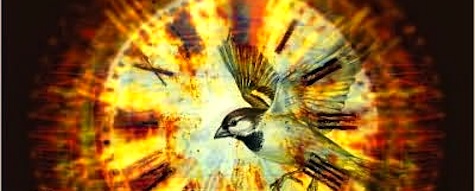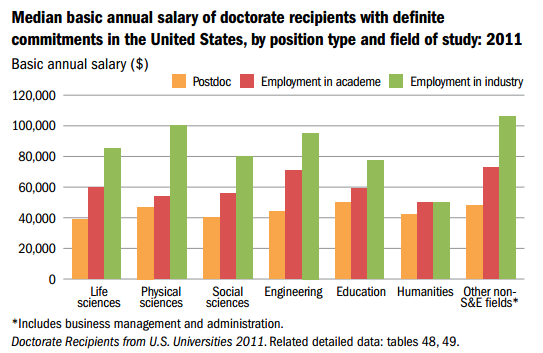 “Politicians and businessmen are fond of talking about America’s scientist shortage — the dearth of engineering and lab talent that will inevitably leave us sputtering in the global economy. But perhaps it’s time they start talking about our scientist surplus instead.”
“Politicians and businessmen are fond of talking about America’s scientist shortage — the dearth of engineering and lab talent that will inevitably leave us sputtering in the global economy. But perhaps it’s time they start talking about our scientist surplus instead.”
The Atlantic‘s Jordan Weissman takes another gander at the sorry state of the PhD life in America, with an emphasis on the sciences. “The pattern reaching back to 2001 is clear — fewer jobs, more unemployment, and more post-doc work — especially in the sciences. A post doc essentially translates into toiling as a low-paid lab hand.”
Note also the dismal situation of the humanities in the graph below. The average salary for a humanities PhD is not only less than I’m making in speechwriting these days — it’s less than what I was making in 2001, before I went off for grad school. It’s also less, or at the very least comparable, to the average salary of a public school teacher in America — a job where you’re probably much more likely to make a difference in the lives of your students. But hey, check out the big brain on me.
The upshot here, at least for the humanities? It’s generally a bad idea to spend a decade apprenticing yourself to a job that barely even exists anymore.
Update: “Let me start with the bad news. It is not even news anymore; it is simply bad. Graduate education in the humanities is in crisis. Every aspect, from the most specific details of the curriculum to the broadest questions about its purpose, is in crisis. It is a seamless garment of crisis: If you pull on any one thread, the entire thing unravels.” Literature professor Michael Bérubé surveys the sad state of affairs in the Chronicle of Higher Education.
